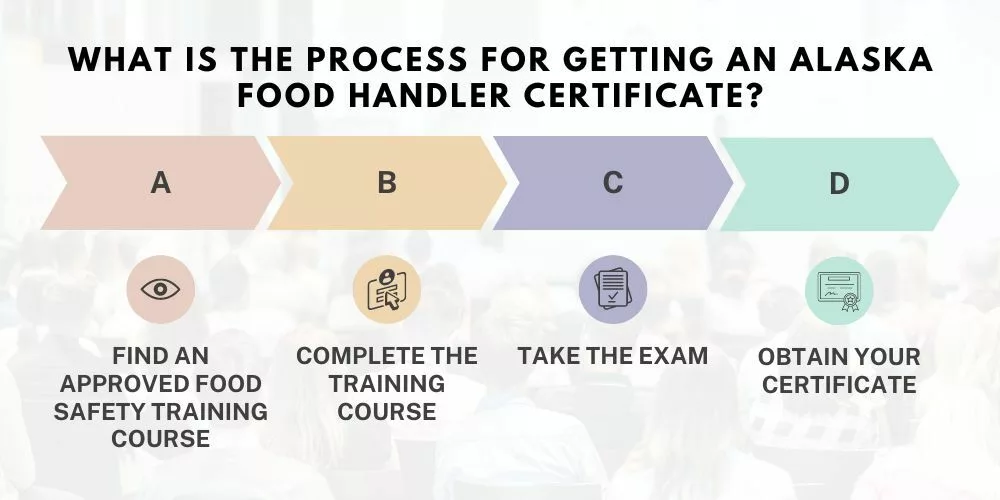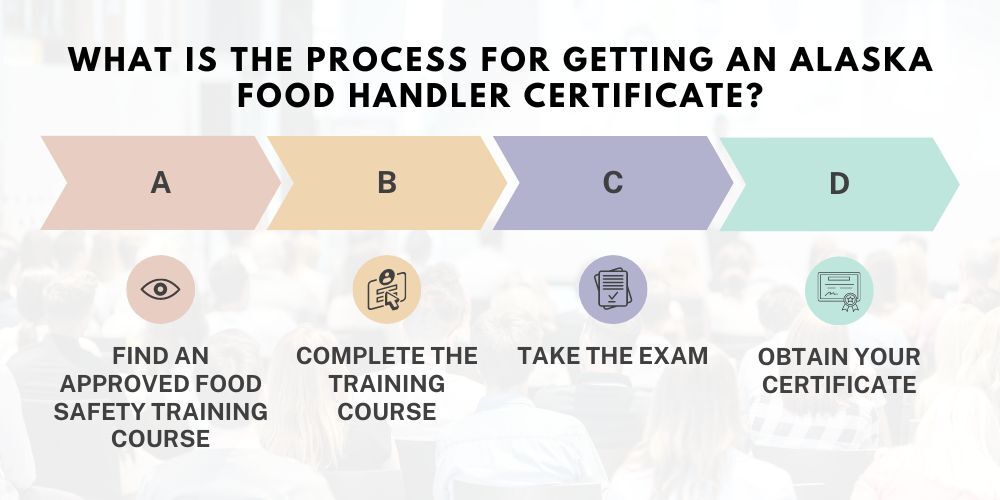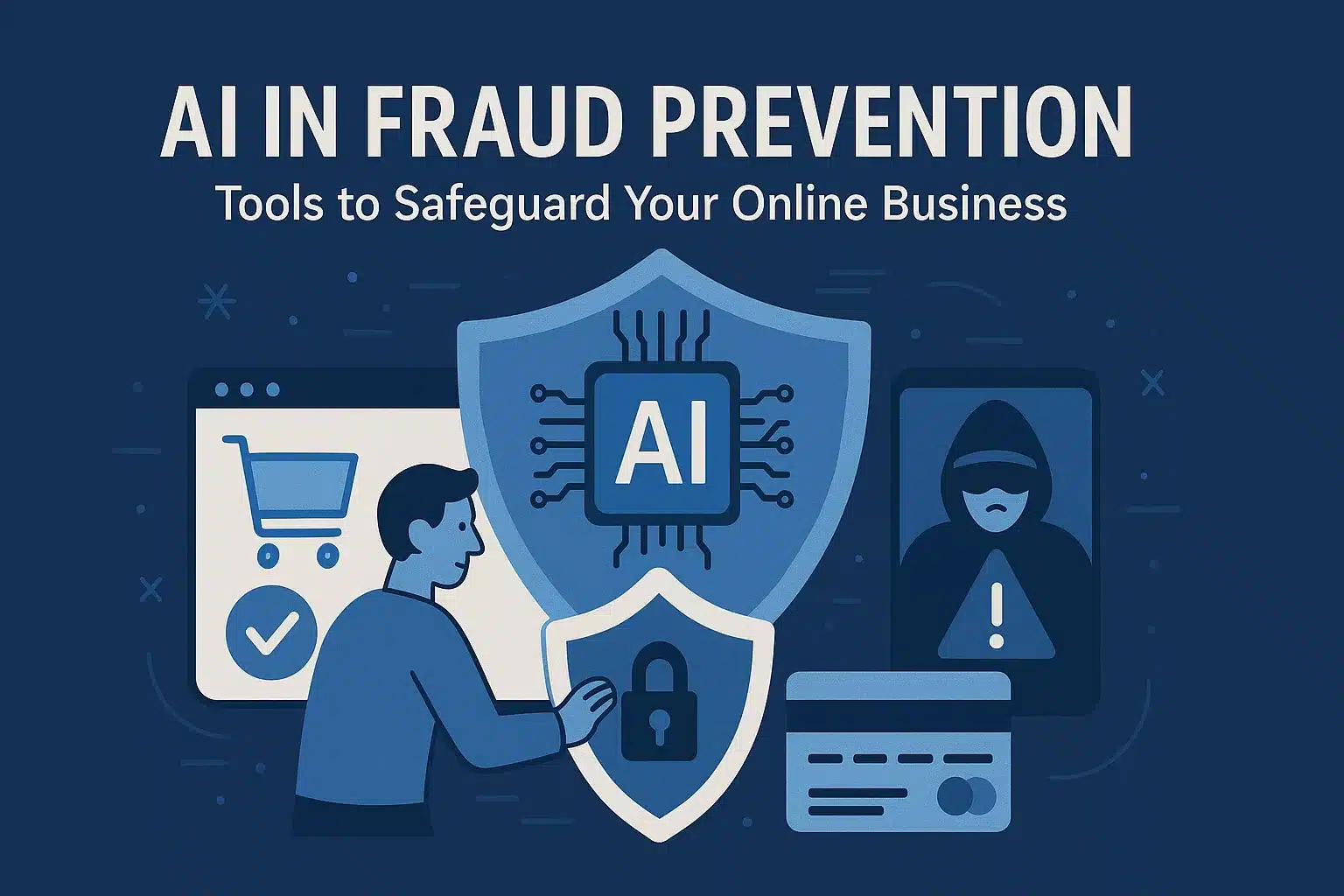Alaska Food Handlers Card Training and Certification Online
Alaska Food Handlers Card Training is designed to provide you with the knowledge and skills necessary to handle food safely and prevent foodborne illnesses.
In Alaska, food handlers must complete a food safety training course and pass an exam to obtain a Food Handler Card.
Throughout this training, various topics related to food safety were covered, including proper handwashing, food storage, temperature control, and preventing cross-contamination.
You will learn about the causes and symptoms of foodborne illnesses and how to prevent them.
You will also learn about Alaska’s food safety regulations and guidelines.
By the end of this training, you will thoroughly understand food safety practices and be prepared to take the exam to obtain your Alaska Food Handler Card.
Does Alaska require food handler training?
Yes, Alaska requires food handler training for certain food service workers.
Specifically, the Alaska Department of Environmental Conservation requires all food employees who work in establishments to complete an approved food handler training program within 30 days of their hire date.
The training program must cover topics such as
- personal hygiene;
- cross-contamination;
- time and temperature control;
- cleaning and sanitizing
After completing the training, food handlers in Alaska get a food handler card or certificate.
They must keep on their person while working in a food service establishment.
Food Protection Manager Course (Lessons Only)
Is Food Handler Training Important In Alaska?
Yes, food handler training is important in Alaska for several reasons.
Firstly, food handler training can help prevent the spread of foodborne illnesses.
By understanding proper food handling techniques, such as
- how to prevent cross-contamination;
- maintain appropriate temperatures
Food handlers can help reduce the risk of foodborne illness outbreaks.
Secondly, food handler training can help ensure that food service establishments in Alaska comply with state and local regulations.
Thirdly, food handler training can help food service workers advance their careers.
Many employers in the food service industry prefer to hire workers who have completed food handler training.
Food Protection Manager Course (Training And Exam Bundle – Remote Proctor Exam)
Who Needs A Food Handler Card In Alaska?
In Alaska, all food employees who work in establishments that prepare or serve food to the public must obtain a food handler card or certificate.
It includes employees who handle food in
- Restaurants;
- Cafeterias;
- Catering operations;
- Food trucks; etc
In addition, food handlers who work in temporary food services establishments, such as fairs or festivals, must also have a food handler card.
However, there are some exceptions to this requirement.
For example, individuals who work in a retail food establishment that only sells prepackaged food items, such as a convenience store or grocery store, may not be required to obtain a food handler card.
Additionally, some local health departments may have regulations regarding food handler training requirements.
Food Protection: Manager’s Training Course
What Is The Process For Getting An Alaska Food Handler Certificate?
To obtain an Alaska Food Handler Certificate, you must complete an approved food safety training course and pass an exam. Here are the steps to follow:
Find An Approved Food Safety Training Course
Alaska has a list of approved providers for food safety training courses. The list is on the Alaska Department of Environmental Conservation (DEC) website.
Complete The Training Course
Once you find an approved course, you need to complete the training.
The course will cover food safety practices, such as proper food handling, storage, preparation, and ways to prevent foodborne illnesses.
Take The Exam
After completing the training course, you need to take an exam.
The exam will test your knowledge of food safety practices and regulations.
Obtain Your Certificate
You will receive your Alaska Food Handler Certificate if you pass the exam.
The certificate is valid for three years.
It’s important to note that some counties and municipalities in Alaska may have additional food safety requirements beyond the state’s minimum standards.
Be sure to check with your local health department for any additional requirements or regulations.
Can I Take A Food Handler Course Online?
Yes, you can take a food handler course online from Coggno in Alaska.
Coggno offers online food handler training courses. All our training courses are approved by the Alaska Department of Environmental Conservation (DEC).
These courses cover the same material as in-person courses.
Furthermore, they are designed to be accessible to those who prefer to learn at their own pace and from the comfort of their own home or workplace.
After completing the course, you must take and pass an online exam to receive your Alaska Food Handler Certificate.
However, it’s important to note that some employers or local health departments may require in-person training or have other specific requirements.
And thus, it’s always best to check with them beforehand to ensure you meet their requirements.
Food Protection Manager Course – Spanish (Lessons Only)
What Is The Validity Of The Alaska Food Handlers Certificate?
The Alaska Food Handlers Certificate is valid for three years from the issue date.
It means you must renew your certificate every three years to continue working in a food handling job in Alaska.
Renewing your certificate involves taking a refresher course or completing additional training.
It ensures you are up-to-date on the latest food safety practices and regulations.
The renewal process may also require passing an exam to demonstrate your knowledge and understanding of food safety practices.
What Jobs Can I Get In Alaska With My Food Handler License?
In Alaska, having a Food Handler License can qualify you for various food handling jobs in the food service industry.
Here are the following jobs you can get with your Alaska food handler license:
Server
A server works in restaurants, cafes, or other food service establishments, taking customer orders, serving food and beverages, and handling payments.
Line Cook
A line cook prepares food in a restaurant or commercial kitchen, following recipes and ensuring that food is cooked and presented correctly.
Food Service Worker
A food service worker works in a cafeteria or institutional setting, serving meals and ensuring food is properly handled, stored, and prepared.
Catering Staff
Catering staff works at events or special occasions, setting up and serving food and beverages to guests.
Food Truck Worker
Food truck workers prepare and serve food from a mobile kitchen, often at outdoor events or in busy areas of town.
Bartender
A bartender serves drinks and may prepare and serve food in bars or restaurants.
JOB TITLE |
AVERAGE HOURLY WAGE |
AVERAGE YEARLY WAGE |
|---|---|---|
Dishwasher |
$12.43 |
$25,860 |
Waiter/Waitress |
$12.31 |
$25,610 |
Fast Food Cook |
$12.70 |
$26,420 |
Restaurant Cook |
$14.53 |
$30,230 |
Where is the best place to find information about food safety in Alaska?
The best place to find information about food safety is the Alaska Department of Environmental Conservation (DEC) website.
The DEC is the state agency responsible for ensuring that food sold and served in Alaska is safe for consumption.
Their website contains information on food safety regulations, guidelines, and training requirements.
Here are some resources you can find on the DEC website:
Food Safety and Sanitation Program: This program oversees the state’s food safety regulations and works with food establishments to ensure compliance.
Food Safety Training: The DEC provides information on food safety training requirements for food handlers and managers and a list of approved training providers.
Foodborne Illness Outbreaks: The DEC tracks and investigates outbreaks of foodborne illnesses in Alaska and provides information on reporting suspected cases.
Food Safety Guidelines: The DEC provides guidelines on food safety practices, such as proper handwashing, food storage, and temperature control.
Food Establishment Inspections: The DEC conducts routine inspections of food establishments to ensure compliance with food safety regulations
In addition to the DEC website, local health departments may also have information and resources related to food safety in their specific communities.





















